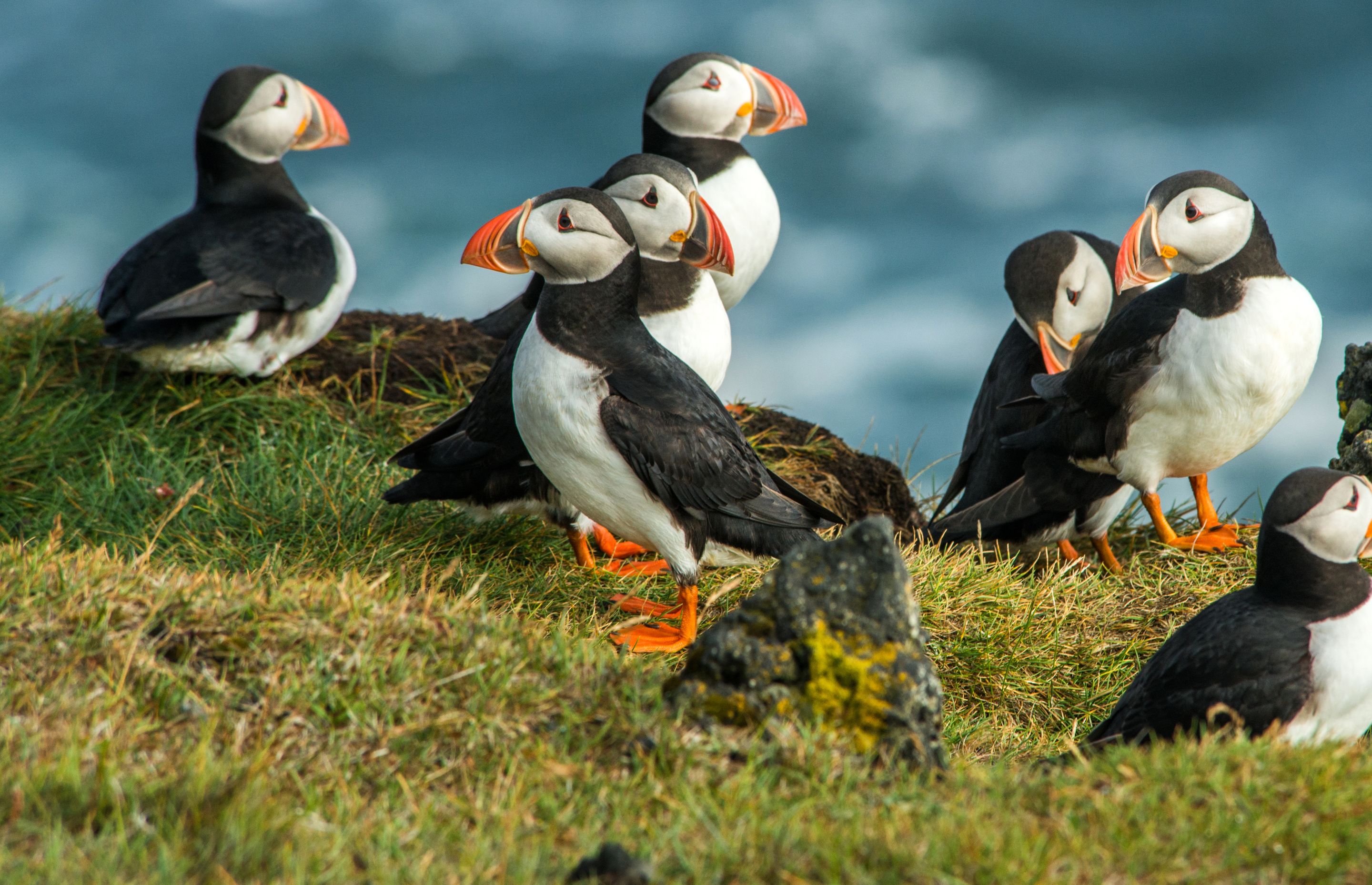
Mastering Icelandic: How to Say Thank You
Jump to chapter
Have you ever wanted to express gratitude in Icelandic but didn't know how? Learning how to say thank you in different languages can be a fun and enriching experience.
In this article, we will explore the Icelandic language and discover the various ways to express gratitude in this unique and beautiful Nordic tongue. Whether you are planning a trip to Iceland or simply want to impress your Icelandic friends, this guide will help you master the art of saying thank you in Icelandic.
What is the meaning of Takk in Iceland?

In Iceland, Takk, pronounced as "taa-kk", is a simple yet essential word that means thanks. It is one of the most helpful Icelandic words to learn, allowing you to express gratitude and politeness in the local language. For an extra touch of politeness, you can also use Takk fyrir, pronounced as "taa-kk fee-rear", which means thank you so much. Mastering these expressions can go a long way in showing appreciation while in Iceland.
How do Vikings express gratitude?
The Vikings express gratitude by using the term þökk, which can be used as a noun or as an interjection in the form of þökk fyrir. However, the more common way for Vikings to say thank you is by using the interjection takk and its derivations. Takk, borrowed from Danish, is a cognate of þökk and is widely used to express thanks in the Viking language.
What is a typical Icelandic greeting?
In Iceland, the most common greeting is "Góðan daginn", which translates to "good day" in English. This polite and friendly phrase is pronounced "go-than-n die-in" and is widely used as a way to say hello to people in Iceland.

Gratitude in Icelandic: Mastering the Art of Saying Thank You
In the land of fire and ice, expressing gratitude is not just a social nicety, but a deeply ingrained cultural value. From the simple "takk" to the more formal "þakka þér fyrir," Icelanders have mastered the art of saying thank you in a way that reflects their genuine appreciation.
Whether it's for a warm meal, a breathtaking view, or a kind gesture, gratitude in Icelandic is a heartfelt acknowledgment of the interconnectedness between people and nature, making it a powerful reminder to cherish the beauty of everyday moments. So, take a cue from the Icelanders and embrace the art of saying thank you with sincerity and grace.
Exploring Iceland's Unique Language
Icelandic Thank You: Perfecting Your Pronunciation
Improve your Icelandic pronunciation with these simple tips and tricks. Whether you're learning the basics or striving for fluency, mastering the subtle sounds of Icelandic will take your language skills to the next level. From mastering the infamous "ð" to confidently pronouncing vowel combinations.
Essential Icelandic: Mastering the Expression of Gratitude
In the land of fire and ice, expressing gratitude is an essential part of Icelandic culture. From the breathtaking natural landscapes to the warmth of the locals, there is no shortage of reasons to show appreciation. Whether it's a simple "takk" (thank you) or a heartfelt gesture, mastering the expression of gratitude is not just a language skill, but a way to truly connect with the heart of Iceland.
So, immerse yourself in the beauty of this unique language and culture, and let your gratitude be an authentic reflection of your experience in this enchanting country.
What Does "takk fyrir" Mean?
"Takk fyrir" is Icelandic for "thank you," but it's a bit more like saying "thanks for that." It’s what people say in Iceland when they’re being polite. You can also just say "takk," which is like saying "thanks." It’s super casual and something you hear all the time here.
In Conclusion
Expressing gratitude in Icelandic is a simple but meaningful gesture that can make a lasting impression. Whether you're saying takk for a small favor or þakka þér fyrir for a significant kindness, showing appreciation in the local language can enhance your interactions and deepen your connections with the people of Iceland.
So, next time you want to say thank you, don't hesitate to use these phrases and embrace the unique charm of Icelandic culture.
Latest Blog Posts
 Wildlife
WildlifeAll About Puffins in Iceland: Facts, When & Where to See Them, Tips, etc
Iceland is home to about 60% of the world's Atlantic puffins, making it the best place to see these charming birds. With their colorful beaks and clown-like appearance, puffins often become the highlight of any Iceland trip. This guide will help you find puffins in Iceland, covering when they arrive, where to spot them, and tips for the best experience.
 South Coast
South CoastHöfn: The Ultimate Travel Guide to Iceland's Lobster Capital
Tucked in Iceland's southeast corner, Höfn (pronounced roughly like "hup") is a fishing town worth your time. With glacier views, great seafood, and easy access to Iceland's natural wonders, Höfn blends authentic culture with stunning landscapes.
 South Coast
South CoastVik i Myrdal: Iceland's Charming Southern Village
Vik i Myrdal (or just Vik) sits on Iceland's southern coast. Though small on the map, this tiny village offers stunning views and authentic Icelandic charm. With only about 650 locals, Vik serves as a perfect base to see some of Iceland's most dramatic landscapes.